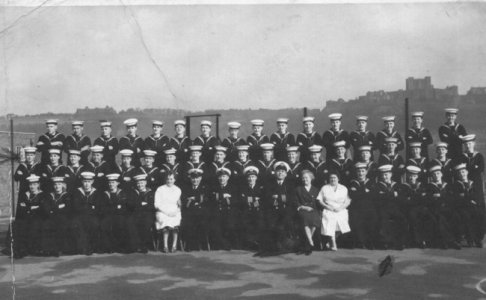Adios
...
I've read about it only. With modern boats not heaving too as effectively I wonder if it would work when the boat isn't in that attitude of well controlled drift anyway. I wonder about it getting on the boat and making it incredibly dangerous and unpleasant. I also wonder if it would make that much of a difference to the bigger waves that are the threat. Their force is more than a surface issue.
Anyone actually tried it?
Anyone actually tried it?

